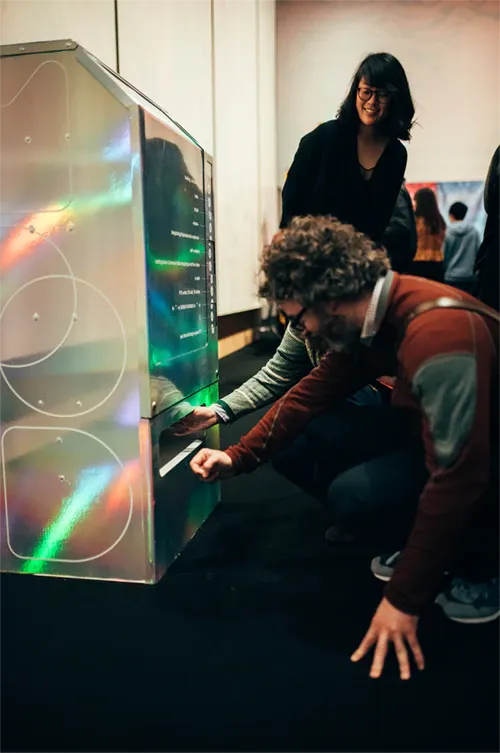Rosabel Tan: You will always make trash decisions
Written by
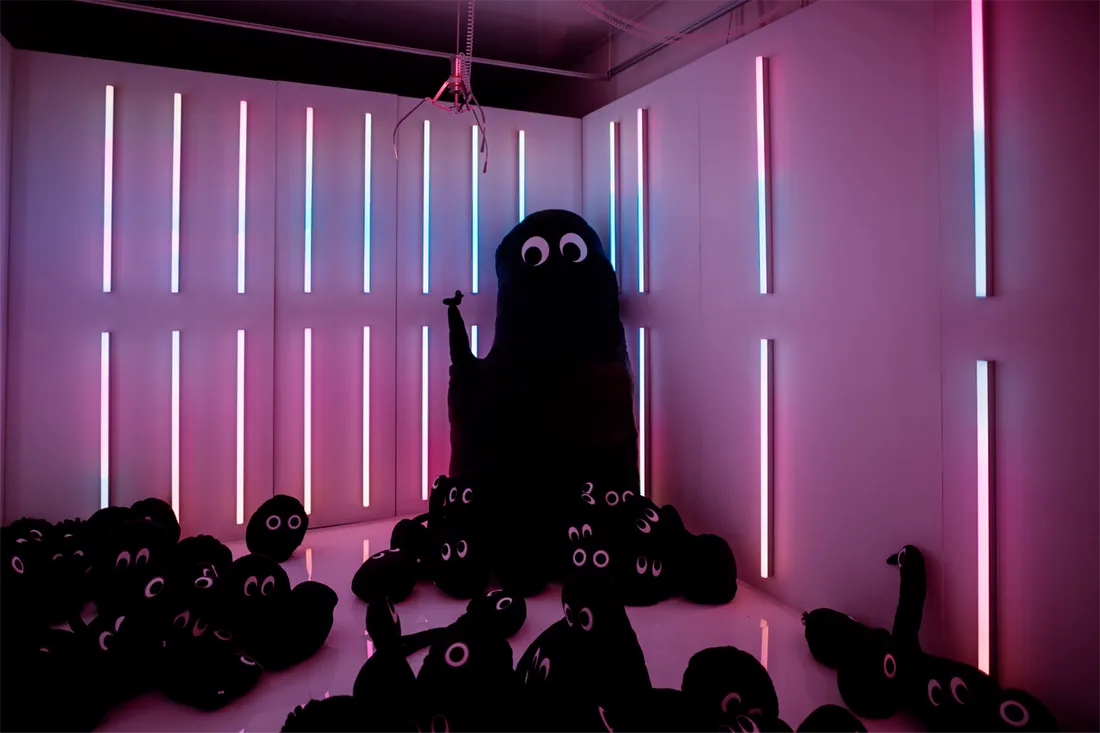
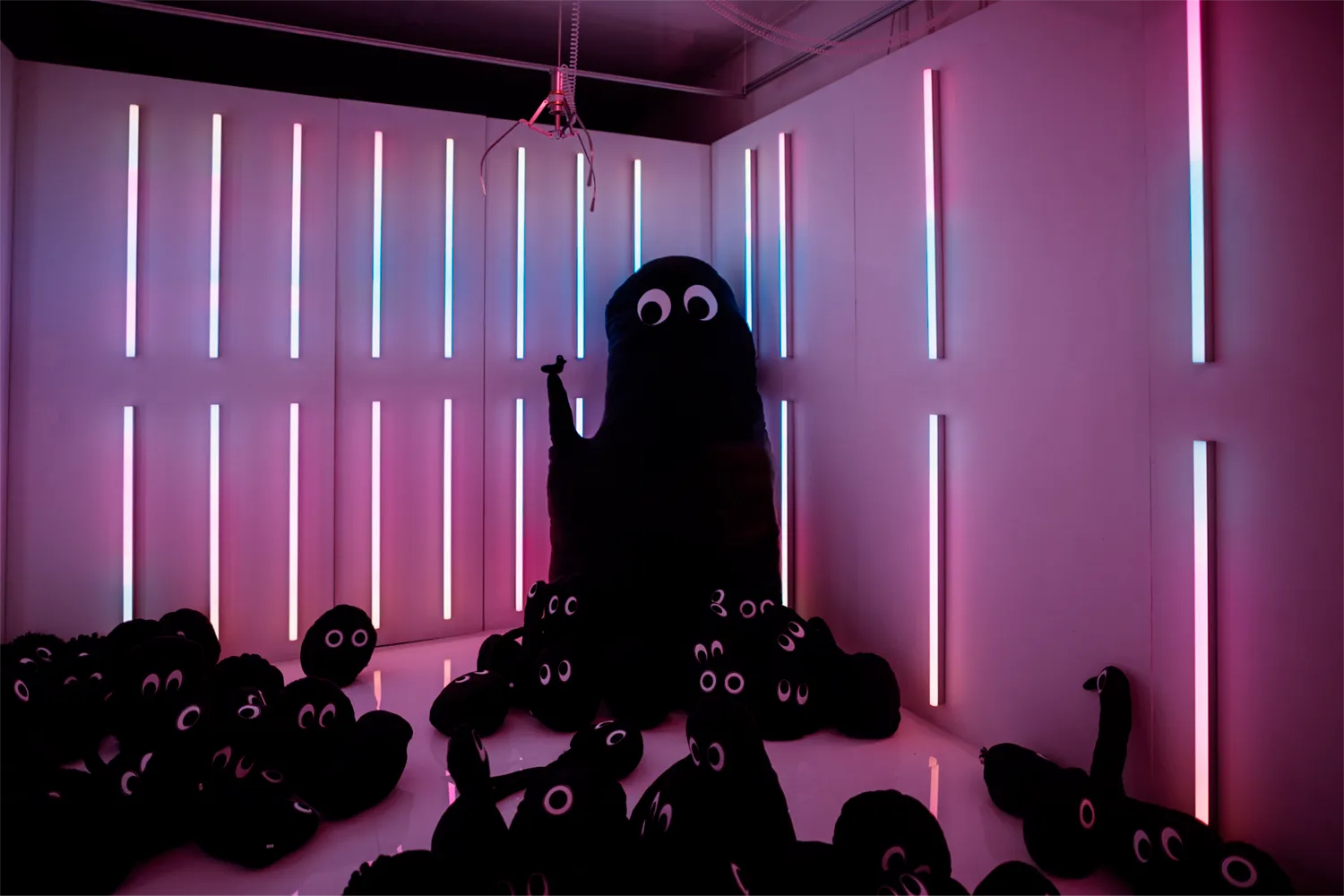
It’s okay not to know what you want to do.
I felt so much panic at 22. Here was the world, with its infinite possibilities, and there I was, frozen in place. And that panicked me even more. What if I made the wrong decision? What if I didn’t make any decision at all? Oh god, what was worse?
You’ll always make trash decisions.
The thing is, you can’t help but retroactively give your life a narrative and all your wild decisions will eventually make sense. It’s not that every decision will be right. You’ll always make trash decisions. But make them for the right reasons - try not to be driven by fear, but by excitement. Because you believe in something. Because you admire and respect the people involved. Because you’ll learn something special. Because you’ll have fun. And know that nothing is a forever decision: you can always change your mind.
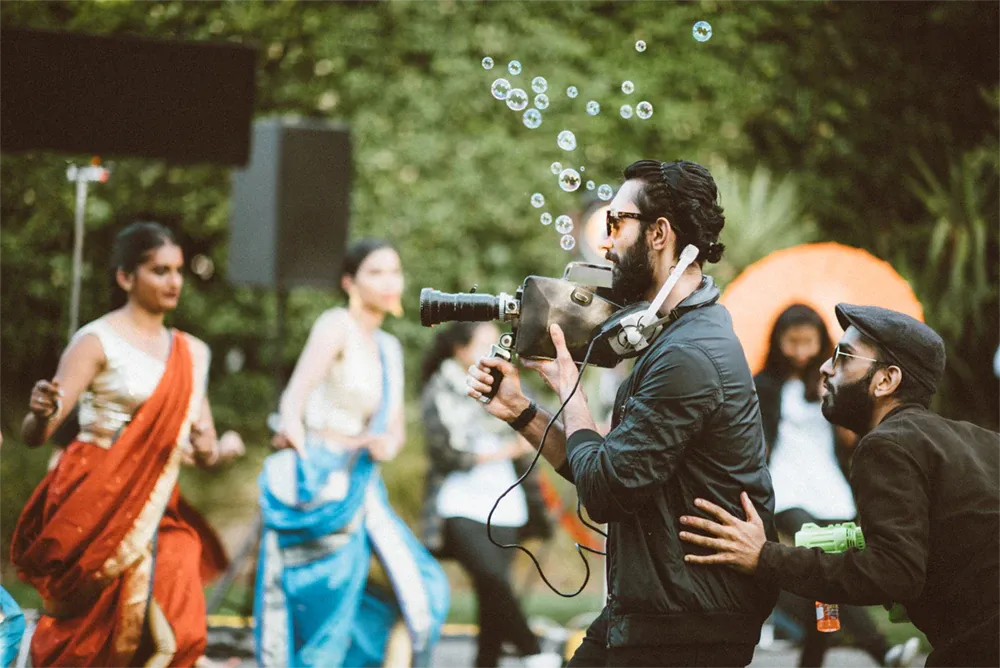
Your experience, your feelings, your thoughts - they all matter. Pay attention to them. Give them sun.
Silence is a hard habit to break: especially when you’re an INFP who grew up learning that you should only speak when spoken to. Especially when you’ve subconsciously learned that people like you don’t have opinions that matter, and that people who do don’t usually look or sound like you.
James Baldwin once said (in an incredible conversation with the poet Nikki Giovanni), “It’s not the world that was my oppressor, because what the world does to you, if the world does it to you long enough and effectively enough, you begin to do to yourself.” I think many people experience this on a varying scale, and it takes a hell of a long time to see that and unlearn that but it’s so crucial that you do, because your younger self - again and again and again - needs more than anything to hear your voice.
Expand your inspiration.
Um, have you noticed that all the art you love was created by white men?
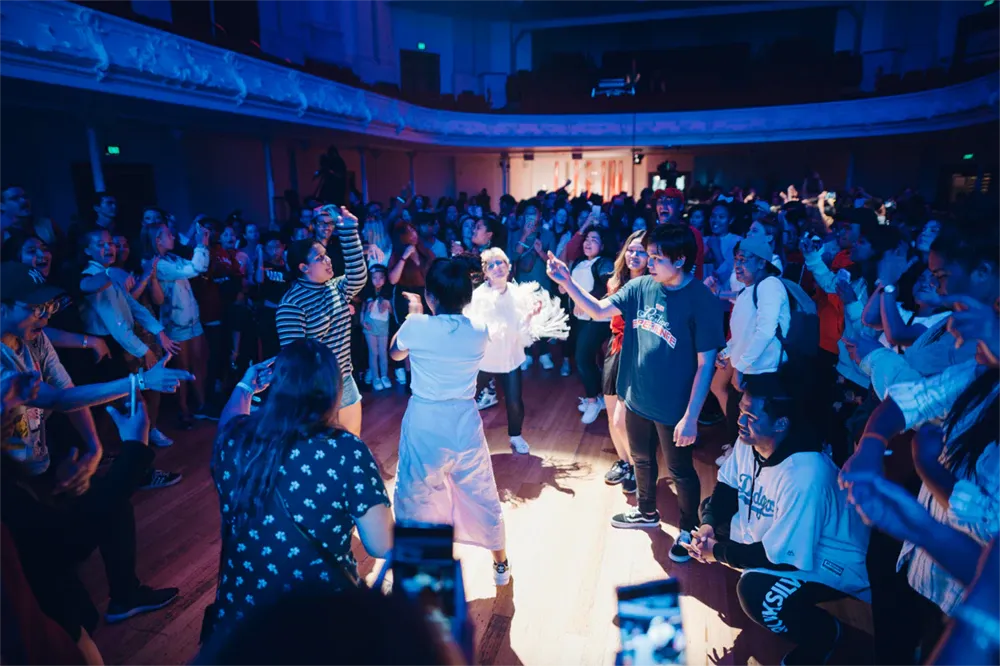
Give yourself permission to dream without compromise
Recognise that the limits of your dreams are defined by the experiences you have, the work you expose yourself to, and the people you spend time with. Be conscious of the psychic environment you create for yourself. Protect it fiercely.
Learn about Te Tiriti o Waitangi.
Don’t be afraid to be dumb.
Ask questions. Learn about the political system. Learn about your ancestors. Learn about the justice system. Learn about Te Tiriti o Waitangi. Think about what it means to honour Te Tiriti in your own life, in your own work. When you find yourself in a position of power, think about the decisions you are making and who they serve.
Give yourself permission to be an individual.
Your work doesn’t have to speak for your whole community. It just needs to speak for you.
This one is actually for 32-year-old me, too. Let’s call it a work in progress.
